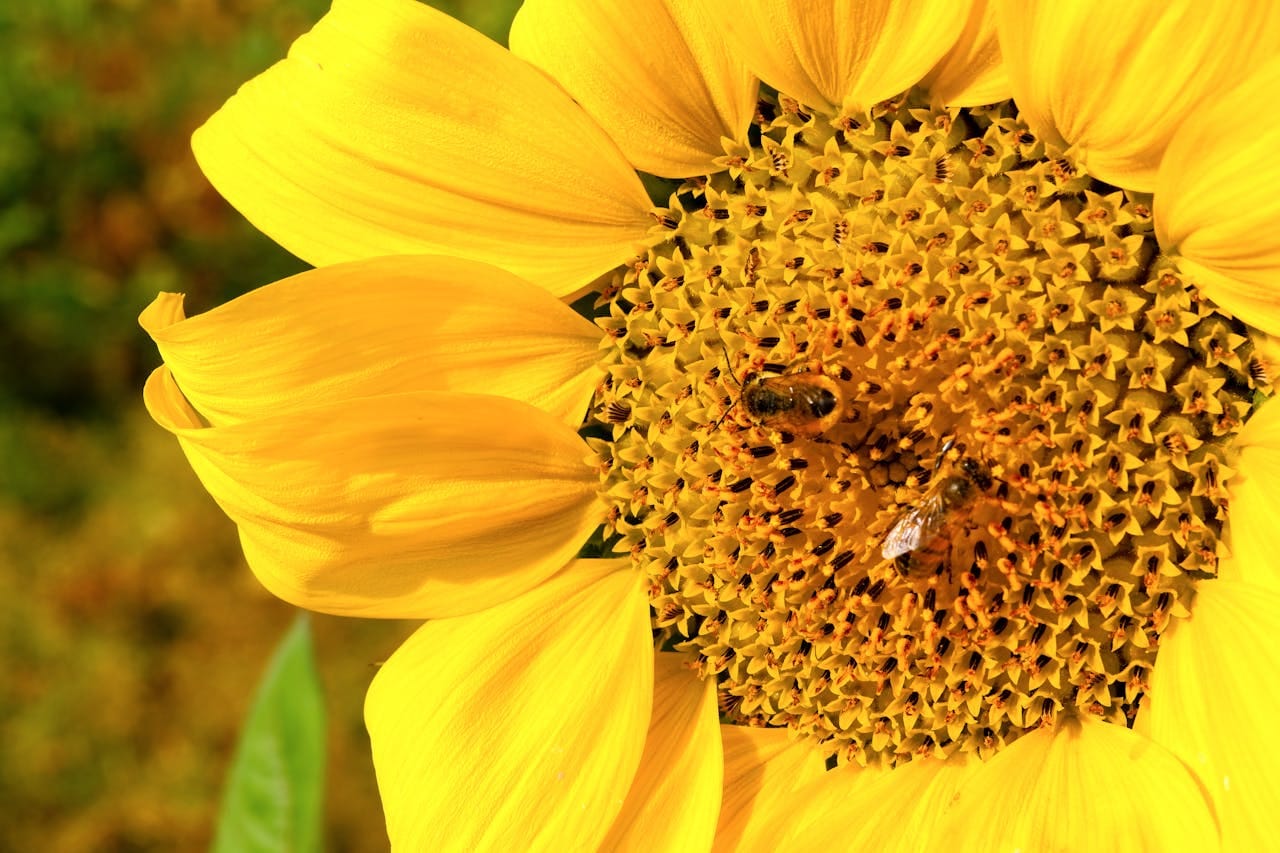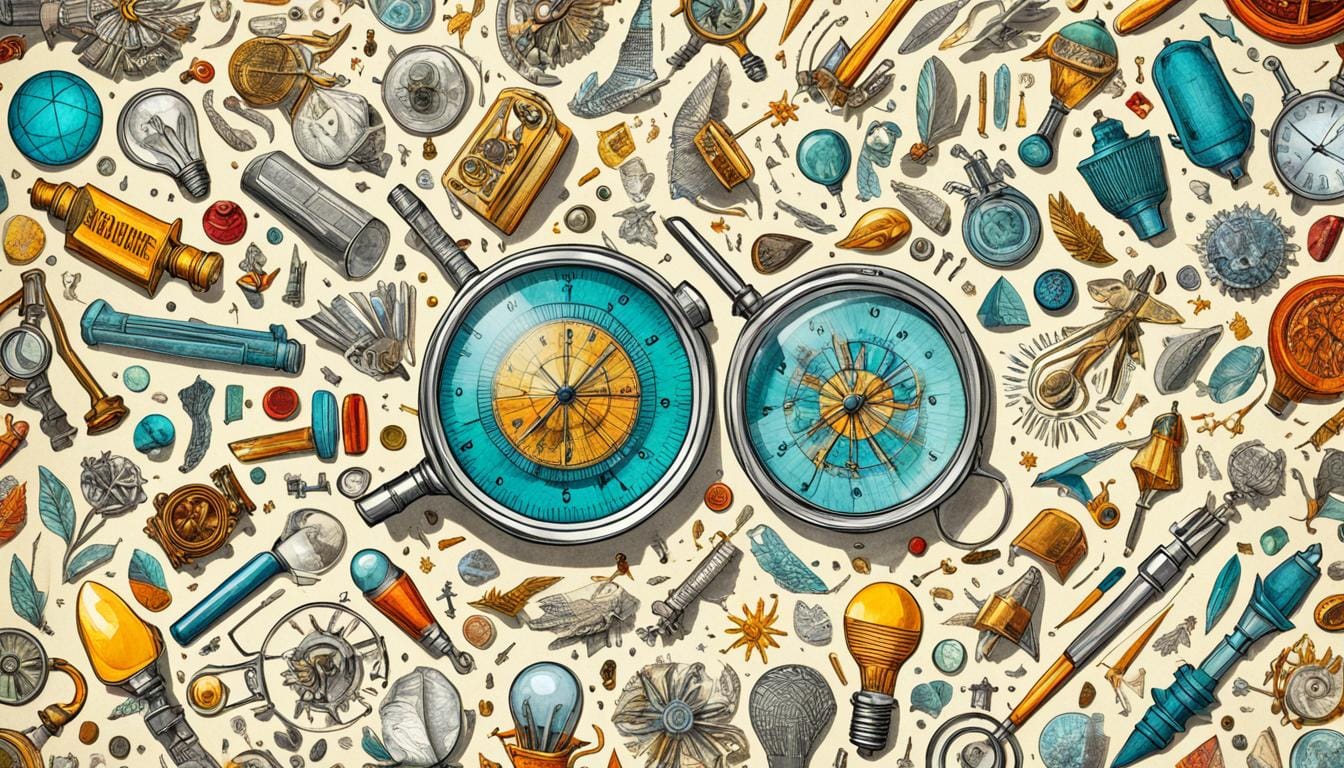Get ready for a journey of global discovery. We’ll share mind-blowing facts about our world. You’ll learn about world trivia, geographical wonders, and more. This article will expand your knowledge and leave you amazed.
Let’s dive into the intriguing world around us. We’ll explore hidden gems of knowledge that spark curiosity. You’ll learn about the bacteria on headphones and how Saturn is surprisingly light. This article is full of eye-opening facts and insights.
Fascinating Geographical Wonders
The world is full of amazing geographical wonders that amaze and inspire us. From tall mountains to deep canyons, our planet has a lot to see. These natural marvels are waiting for us to discover them.
Australia Spans Wider Than the Moon
Did you know that Australia is bigger than the moon? The moon is about 3,400 kilometers wide. But Australia stretches almost 4,000 km from east to west. This makes it the widest continent on Earth, says the European Space Agency.

Australia is just one of the many amazing places on Earth. There’s also Petra in Jordan, an ancient city from the 4th century BC to the 2nd century AD. And there’s Chichén Itzá in Mexico, built by the Maya-Toltec people from the 5th century to the 13th century.
Then there’s the Christ the Redeemer statue in Brazil, towering over Rio from a 710m mountain. It shows our amazing engineering skills. The Taj Mahal in India is another example of human creativity, built by 20,000 workers over 16 years.
These are just a few of the many geographical wonders that amaze and inspire us. As we keep exploring, we find more incredible natural and human-made marvels. They show us how special our world is.
Mind-Blowing Realities
Get ready to be amazed by some incredible facts from around the world. From deep in the ocean to the highest human feats, our planet is full of things that make us think differently. These facts challenge our views and help us see the universe in new ways.
Headphones Can Increase Ear Bacteria
Did you know that using headphones for just an hour can boost bacteria in your ears by 700 times? This fact, shared by ENT Health, shows how our daily choices and tech can affect our health. It’s important to clean your headphones and follow good ENT Health habits to keep your ears healthy.
The Mariana Trench in the Pacific Ocean is the deepest spot on Earth, reaching down 36,201 feet (11,034 meters). It’s so deep that if you put the world’s tallest building, the Burj Khalifa, at the bottom, its top would still be over a mile under the water.
From the ocean’s depths to human achievements, the world is full of amazing facts. Exploring these mind-blowing realities can really broaden your view of the world.

Captivating World Trivia
Get ready for a journey filled with amazing facts from around the world. Did you know Scotland has chosen the unicorn as its national animal? This magical creature is linked to honor and purity in Scottish culture, as VisitScotland explains.
The world is full of interesting facts that might surprise and amaze you. For example, Canada has more lakes than any other country. And Bolivia is known as the flattest country on Earth.
Discovering these unique facts about countries and cultures will fill you with exciting knowledge. So, get ready to dive into the captivating world trivia that awaits!
| Fascinating Fact | Location |
|---|---|
| Canada has more lakes than all the other countries in the world combined. | Canada |
| Bolivia is recognized as the world’s flattest country. | Bolivia |
| Russia shares its borders with 16 different states. | Russia |
| San Marino, founded in 301 AD, is considered the world’s oldest country. | San Marino |
| France and Brazil share a 673-kilometer border due to French Guiana. | France, Brazil |
Intriguing Cultural Insights
Step into a world full of captivating cultural insights that will widen your view. In Switzerland, owning just one guinea pig is banned. This is because these social animals feel lonely alone and keeping one is seen as animal abuse by the Library of Congress.
Exploring these unique cultural norms gives us a peek into the diversity of human societies. The Sami people, Europe’s last indigenous group, have a deep connection to their land. The Berbers of North Africa also keep their pre-Arab heritage alive, showing their unique culture.
The Nubians of ancient Nubia and the Bedouin of the Middle East have their own traditions. The Maasai of East Africa, Native Americans, and Indigenous Taiwanese also hold on to their ancient ways. They show us the lasting strength of human diversity.
| Culture | Unique Insight |
|---|---|
| Cuiva People (Colombia, Venezuela) | Work for only 15-20 hours a week |
| Hadza People (Tanzania) | Have no official leaders |
| Soliga People (India) | Leave honey near the ground for tigers when harvesting |
| Orang Rimba Tribe (Indonesia) | Plant umbilical cords under a sacred tree for children |
| Dongria Kondh Tribe (India) | Call themselves “Protector of Streams” |
These cultural insights not only deepen our understanding but also show us the amazing diversity in human life. By looking into the customs and beliefs of different communities, we gain a deeper respect for our global heritage.
Interesting Facts About the World
Get ready to be amazed by some truly interesting facts about the world. For example, did you know that avocados are actually fruits, not vegetables? They are single-seeded berries, as confirmed by the U.S. Department of Agriculture.
Also, the Eiffel Tower can grow up to 6 inches taller in the summer. This is because of thermal expansion. Plus, human teeth can’t heal themselves. They don’t have live tissue or enamel that can grow back, as WebMD explains.
These global insights are truly fascinating. Here are a few more interesting facts about the world:
- Earth Day was created in 1970 and is now celebrated every year on April 22.
- The Moon is slowly moving away from Earth at about 4 cm each year.
- Antarctica has the biggest ice sheet on Earth, holding 70% of the world’s freshwater and 90% of its ice.
- The Atacama Desert is the driest place on Earth, getting less than 1 mm of rain a year.
- Europe is the second smallest continent but has the third most people, over 746 million.
| Fact | Value |
|---|---|
| Earth’s magnetic pole is moving westward | at a rate of 50-60 km per year |
| West Antarctica is rising faster than any other place in the world | due to post-glacial rebound |
| Earth’s interior has a squishy consistency | allowing the mantle to flow over geological timescales |
| Coral reefs, Earth’s largest living structure | are under threat from various environmental factors |
These insights show how diverse and complex our world is. They invite us to explore and enjoy its wonders in new ways.
Astonishing Natural Phenomena
Get ready to be amazed by the wonders of nature. The Salar de Uyuni in Bolivia is the largest salt flat, covering over 4,000 square miles. It’s a sight to behold. Then there are the penitentes ice spikes, towering up to 15 feet tall in high places.
A Shrimp’s Heart Resides in Its Head
Did you know a shrimp’s heart is in its head? This is because they have an open circulatory system. Their heart is not like ours; it’s in their head. This fact comes from the American Shrimp Processors Association.
Our world is full of amazing things. Like fire tornadoes that can be as wide as 1,000 feet. And the cicadas that come out every 13 or 17 years. These are just a few examples of nature’s incredible diversity.
| Astonishing Natural Phenomena | Location | Unique Characteristics |
|---|---|---|
| Salar de Uyuni | Bolivia | World’s largest salt flat, covering over 4,000 square miles |
| Penitentes Ice Spikes | High-altitude regions | Can grow up to 15 feet tall |
| Fire Tornadoes | Worldwide | Can reach up to 1,000 feet in width |
| Periodical Cicadas | North America | Emerge every 13 or 17 years, longest-living insects |
There’s the lightning capital of the world in Venezuela’s Lake Maracaibo. And Pando, a quaking aspen grove in Utah that looks like a forest of 47,000 trees. These are just a few of the many natural wonders out there.
Remarkable Historical Tidbits
Discover fascinating historical facts that will grab your attention. Did you know the ice pops were invented by mistake? In 1905, an 11-year-old named Frank Epperson left a drink mix outside with a wooden stick. The next morning, it had frozen, creating the “Epsicle,” as NPR tells us.
The Accidental Invention of Ice Pops
These unexpected stories show us the power of human creativity. Did you know the Olympics once had art competitions from 1912 to 1948? They gave out 151 medals for things like literature and painting. Or that during Prohibition, the government’s effort to poison alcohol killed at least 10,000 people by 1933?
These stories not only spark our curiosity but also teach us about history. They help us appreciate the big achievements and challenges we’ve faced.
Conclusion
This article has shown us a world full of amazing facts that will amaze and grow your knowledge. We’ve seen how big Australia is and the secrets behind things like headphones and avocados. These insights give us a peek into the beauty of our planet.
We’ve looked at a mix of world trivia, cultural insights, natural wonders, and historical facts. These will make you curious and help you appreciate the world’s diversity. If you want to win at trivia or just learn more, this article is perfect for you.
The world is complex and always changing. It has many facts that show both progress and challenges. We’ve learned about climate change, literacy, and poverty reduction. These facts remind us we need to work together for a better future. By using the knowledge from this article, we can help make a positive change for the next generations.


